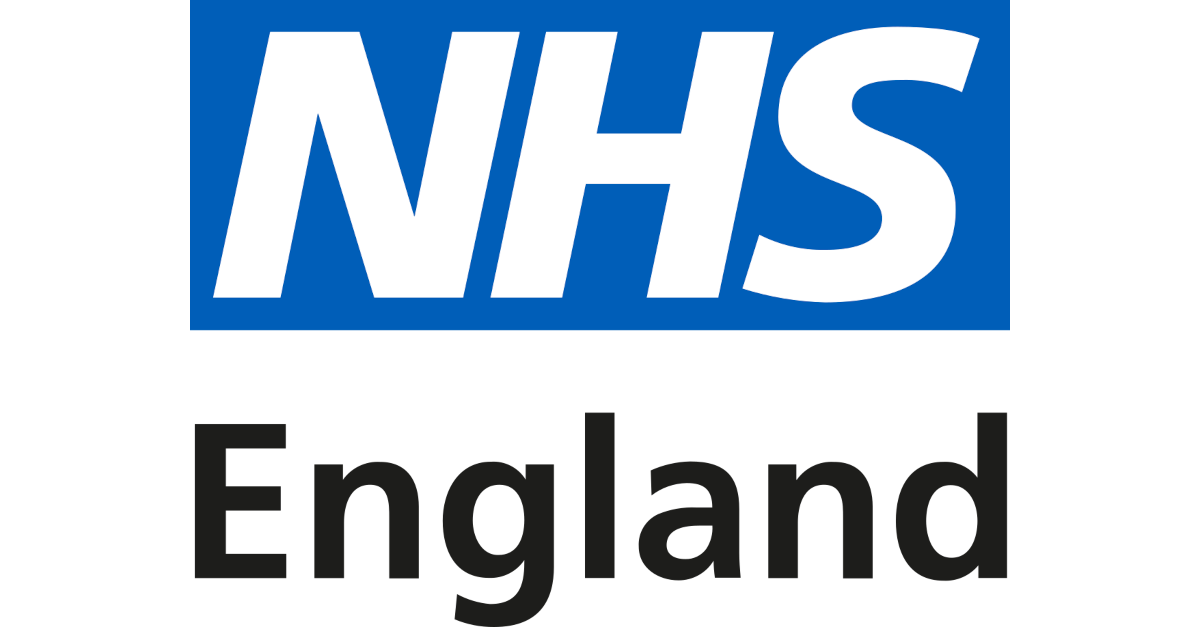NHS Oversight Framework 2025/26: A New Era for Integrated Care Boards
In the bustling corridors of a typical NHS hospital, staff are stretched thin, catering to a never-ending flow of patients seeking care. Amidst the hustle, a new dynamic emerges—one that promises a clearer path for accountability and performance improvement. The freshly unveiled NHS Oversight Framework for 2025/26 aims not only to address the immediate challenges faced by NHS trusts and Integrated Care Boards (ICBs) but also to fundamentally reshape how healthcare delivery is assessed and improved across England.
A Consistent Approach to Oversight
The NHS Oversight Framework 2025/26 is designed as a beacon of transparency, guiding the assessment of ICBs and NHS foundation trusts. Developed with input from NHS leadership, personnel, and thought leaders through extensive public consultations, its goal is to ensure that performance metrics are not only consistent but coherent as well. According to Dr. Sarah Thompson, a healthcare policy expert at the Institute for Health Studies, “For too long, the oversight process was fragmented, creating barriers to effective performance evaluations. This framework is a necessary step towards unified accountability.”
Key Features and Metrics
This one-year framework lays the groundwork for a more efficient approach to oversight, incorporating a suite of agreed-upon metrics that will facilitate swift identification of where organizations need support. The emphasis on local autonomy aligns with NHS England’s broader strategic goals to deliver on its 10-Year Health Plan, which seeks to improve care quality while addressing existing inequalities.
Among its various components, the framework specifies critical areas of focus:
- Performance Assessment: A rigorous evaluation of ICBs and providers will be conducted annually, leveraging targeted metrics to gauge effectiveness.
- Segmented Scoring: Organizations will be segmented into performance categories ranging from high-performing (1) to challenged providers (5), based on multiple criteria including financial health and operational capability.
- Enforcement Powers: The framework amplifies NHS England’s ability to intervene quickly when a trust fails to meet required standards, thereby enhancing public accountability.
“The ability to quickly respond to underperformance is crucial,” states Professor Michael Hunter, an analyst at the National Health Policy Institute. “If organizations know they are being closely monitored, it will motivate them to take proactive steps in addressing issues before they escalate.” This would appear to validate recent studies indicating that oversight can lead to improved patient outcomes by ensuring that lower-performing entities receive timely assistance.
Guiding Principles for Improvement
The framework also articulates a set of guiding principles that will inform NHS England’s support strategies, emphasizing the importance of local context in improving care delivery.
Strategic Commissioning and Leadership Assessments
ICBs are expected to deliver evidence-based long-term health strategies aimed at enhancing population health while managing financial risk. They will hold partner organizations accountable through established system agreements and joint plans. Dr. Thompson highlights the potential impact: “This is about creating a holistic view of care. By integrating care provision with population health goals, we’re not just treating illnesses; we’re making strides in preventive health.”
Performance assessment will leverage a multidimensional approach, drawing insights from:
- Clinical outcomes, measured through patient safety and experience surveys.
- Financial performance, ensuring that all ICBs and providers meet budgetary requirements.
- Management capabilities, determining how well organizations can adapt to changes and sustain improvement efforts over time.
A Shift Toward Sustainable Change
This new oversight framework does not merely catalogue performance; it embodies a transformative philosophy that views healthcare as an interconnected ecosystem. NHS England plans to roll out support programs tailored specifically to the needs of each segment within the performance framework. For example, those ranked in segment 5, categorized as “the most challenged,” will receive the maximum level of support through the Provider Improvement Programme.
The increased focus on systematic segmentation aims to ensure that interventions are both effective and equitable. According to a recent survey conducted by the NHS Improvement Commission, 70% of healthcare leaders believe that targeted support initiatives can catalyze significant improvements in lower-performing organizations. However, the need for rigorous oversight raises important questions about the balance between accountability and operational autonomy.
Future Perspectives
As the NHS embarks on this ambitious oversight journey, the forthcoming reviews in 2026/27 will be critical in determining how well these initiatives resonate with stakeholders across the healthcare landscape. The continual refinement of the framework aims to adapt to the evolving needs of the healthcare system while remaining anchored in the principles of equity and quality care.
With a clear roadmap now laid out, the NHS faces a pivotal moment—an opportunity to enhance patient care while simultaneously addressing systemic hurdles. As the dust settles on this new framework, one thing remains clear: the challenges facing the NHS will require not just oversight but a genuine commitment to collaborative improvement. The eyes of the nation—and patients—are firmly upon them.
Source: www.england.nhs.uk


